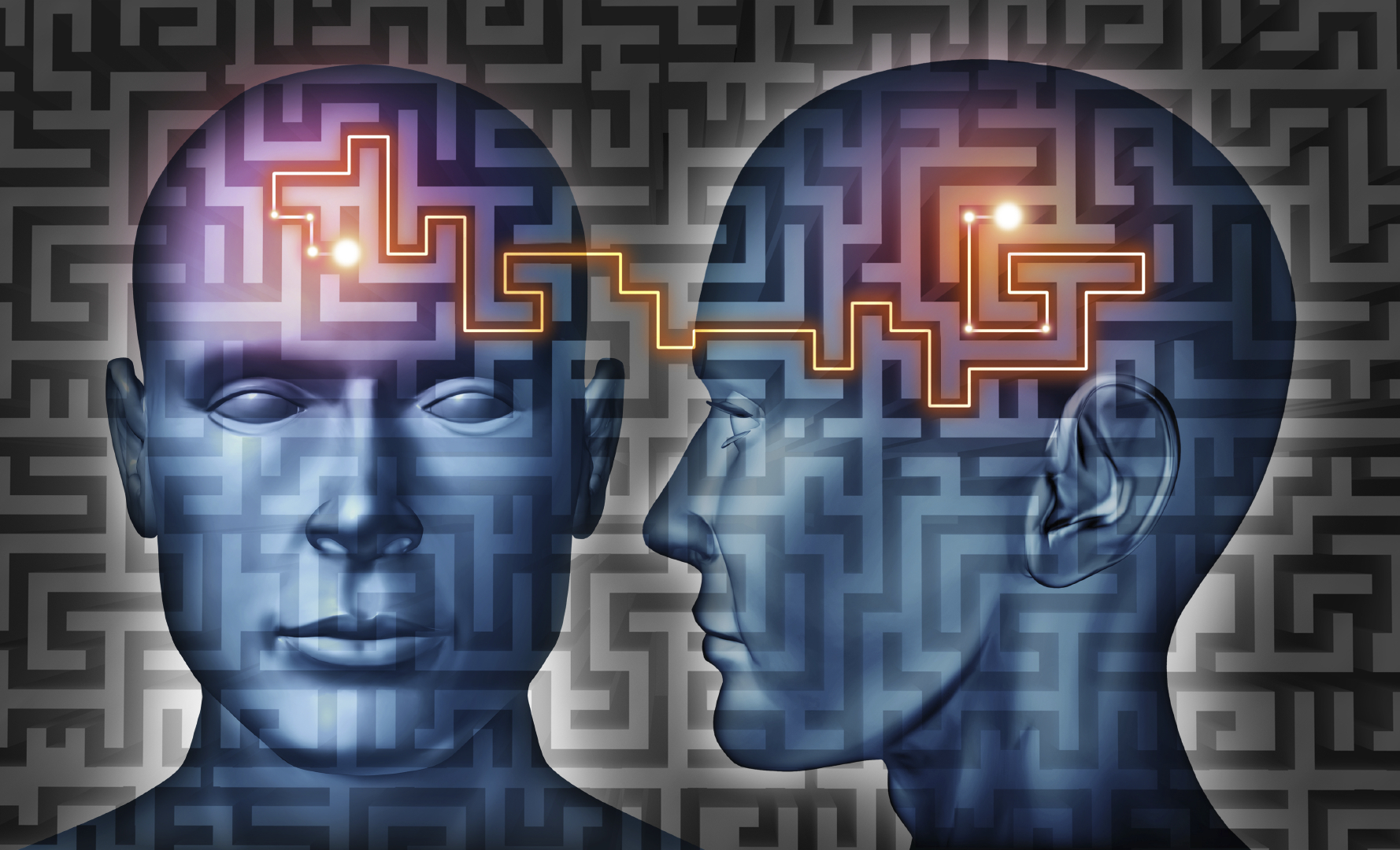What is the difference?
In sport hypnosis the unconscious is directly influenced and sport hypnosis can lead to blocking or deactivating pain and fear signals. I have personally experienced the dangers of this type of psychological invasion. It becomes a problem when we attempt to speed the healing process following an injury with the help of sport hypnosis. Examples from practice have shown that athletes who try to return too soon to their full performance expose themselves to the risk of causing even more severe injuries.
In contrast to sport hypnosis the work with mental training techniques has no direct influence on the unconscious. Mental training methods aim to achieve long-term goals together with the athletes. In the course of an athlete’s career there occur time and again problematic phases, e.g. after accidents. This simple insight helps us to realise that it is only natural to start mental training not only when problems arise, but as early as possible to acquire the necessary mental skills for a long lasting successful sports career. Mental training as an integral part of the overall training process is essential for success. An athlete with a strong mental foundation will only need an impulse from mental trainer at the crucial moment to mobilize the mental strength required.
Mental training is a way that aims to build and strengthen the «self». This takes time, patience and a willingness to work actively for oneself. The athlete will be rewarded with the knowledge that he always has the techniques available that will help retrieve his own mental powers. He has the keys in hand to make the right decisions for himself.
When the situation arrives…!
Whether an athlete chooses the way of sports hypnosis or mental training depends on many factors, not the least of which is his environment. In either case, it is essential to look for the right therapist, because of the importance of this issue it is absolutely necessary to get into the right hands! The right therapist is a hypnotherapist or mental coach, who takes his work and the athlete seriously and in addition, has expertise and practical experience and has the important qualities of good people skills and a high sense of responsibility.
Find the strength within yourself and go your own way – long term – successfully!









